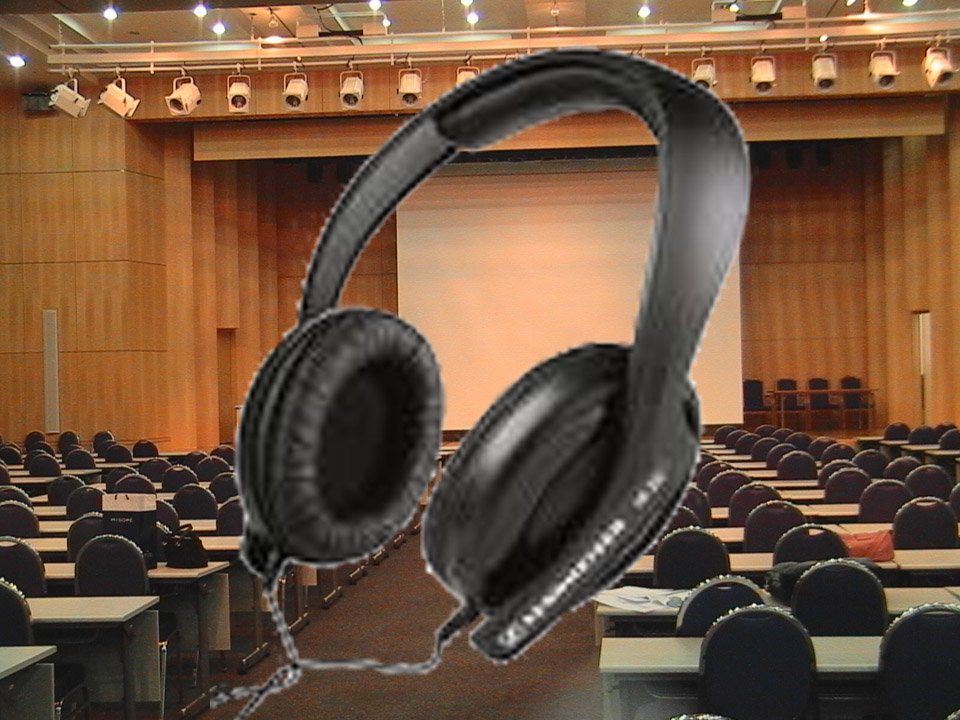Dialogues
Miss Dang,
I wanted to ask you a
quick question and if you are able to find some time to answer, I would really
be thankful... In Ruth Smith's history book for children, she states that
liberty is the freedom to do what is right. I would like to know how you define
liberty (because I hear you use it frequently). John Locke says that there is a
difference between liberty and freedom, but I could not understand his
reasoning, other than one may be internal and the other external. If you could
help me understand this, it would surely help me. Thank you.
Joshua Vaughn
Tyler, TX
Dear
Joshua,
Katherine
Dang
Miss Dang,
Yes, that helps...now
with my daughter, when she is confronted with a choice, to do "right or
wrong", does she have the liberty or the freedom to do the right or wrong.
If she does wrong, then she is in bondage to sin (inward), but she has the
freedom to do wrong. Is that correct?
Joshua Vaughn
Tyler, TX
Joshua,
She has
her natural liberty not to be imposed upon, but if sin works in her to go
against her own good, parents intervene, instruct, guide, and govern. Train up
a child in the way he should go. You are governors until Christ be born and
formed in them.
Katherine
Dang
Ms Dang,
I met you a few years
ago when you spoke at
The reason I'm writing
you is that I have met several Westerners who are asking me if I can help
nationals with home education. At first I was quite perplexed that home
education is even possible, but the reality is that there are parents who are
not putting their children in the state school and are either starting C
schools or are actually home educating them. In both cases, they are primarily
using American curriculum, primarily ACE. As I've been pondering this, I
feel I am being led to try to do a sort of conference in the fall. A couple of
days ago while praying and asking what and how to do a conference, I thought of
you.
I wonder if you would
pray about being a part of the conference-type thing I feel I'm supposed to be
a part of putting together. It breaks my heart that the families are using
American curriculum to begin with. On top of that, I know that the believers
here need to begin writing curriculum in their heart language with [local]
Christian history as the focus.
As you can see, I am in
the earliest stages of thinking this through, but as I pray with my Western
friends who are homeschooling here, they all tell me to let them know because
they know [nationals] who are wanting to home educate their children, and my
friends think they would come from [far distances] to attend. It is my
impression now that the need is much greater than I could have possibly
imagined. I keep thinking about the home schooling pioneers 30 years ago in
If you want to talk to
Jim K., he knows me and will vouch for me that I'm really who I say I am.
Thanks for considering
this. I have a few other people in country that I think I'm supposed to contact
to help make this happen. Please pray with me that I will have wisdom, the
people who are supposed to be a part of this would hear, that God would protect
the families who are home educating, and [that] we would be sensitive to the
security of our brothers and sisters.
My email is secure, but
it is really important that if you share with others, that you are careful not
to share details. Please don't use my name, organization, or the city we
live in anywhere, especially on the internet.
Blessings to you,
T.S.
Dear
T.S.,
[In
response to your previous email]:
>>they are primarily using American curriculum,
primarily ACE. As I've been pondering this, I feel I am being led to try to do
a sort of conference in the fall.
[K.D.]
- I advocate that nationals learn the language of liberty, which is American
English, the ideas found in Webster's American Dictionary of the English
Language, which defines the Biblical uses of words, because there was in
the early generations of America a people who used the Biblical words in their
speech and in their writings. If we are to appreciate, value, the
capacity of the individual to reason, he must use the language which is best
suited for reasoning.
ACE
curriculum has not been helpful in developing independent reasoners.
"[T.S.]
- There is a HUGE push [here] to learn English, and the preference is American
English. So I do believe that God is providentially moving the nation toward
American English. The families I am talking about are educated, upper middle
class believers, and they are extremely motivated that their children learn
English.
I
am well aware of the weaknesses in ACE, and was a bit discouraged that what was
being exported from
">>On top of that, I know that the believers here need to
begin writing curriculum in their heart language, with [local] Christian
history as the focus.
[K.D.]
- Each nation needs to understand its place in Universal History; every nation
has a Providential history."
"[T.S.]
- I have been slowly studying the Christian history of [this country in which
were now living]. (It's taking a long time because of my other
responsibilities and language learning.) With my studies and a curriculum, I've
found I will be able to teach my 12-year-old some of the Providential history
of [this nation] next year. It's fascinating! I think that at the end of next
year, I will be able to mentor nationals as they are studying and teaching
their children. I am not, however, qualified to teach the Principle Approach to
people."
">>I wonder if you would pray about being a part of the
conference-type thing I feel I'm supposed to be a part of putting together.
[K.D.]
- You may have a clearer understanding of my position on home education by perusing
my web site at philomathfoundation.com. There are several audio downloads
which may be useful to you. If, after viewing the site, you are still
interested in my participation, I am open to being of assistance to you in
whatever capacity that is possible."
"[T.S.]
- Because I am in [this country], it is much safer if I don't visit your
website. They are watching me on the internet. If you have time to explain your
position on home education, that would be much better for me. I will be going
to [a nearby country] in May. IF I have an internet connection, and IF I have
time there, it will be safe to download the files while I'm there. The other
option is that you email the files to me, because my email is encrypted and has
been totally safe.
Thank you for responding
to me. Please remember this in prayer. I feel a bit like David with his five
little stones. I am aware that I cannot step into the ring with the spiritual
giants of education [here] without being covered in prayer. The enemy will take
notice, and I can put a lot of people in danger."
Katherine,
"I was wondering if you could clarify what you meant about not teaching a "Biblical
Worldview." You had mentioned this in the Universal History CDs you'd
shared and then I heard you make reference to it again in one of the CHEF CDs.
I think it is a loaded term that is tossed around a lot today so maybe it is
a semantical misunderstanding on my part. Or maybe I'm not seeing
something clearly. Would you be willing to elaborate on that specific point?"
Thanks,
Kim Bailey
Dear Kim,
"I think you are accurate in your judgment of Biblical worldview. When we teach providential history, the rudiments of the world, all shades and
various expressions of them, are naturally resisted whenever one encounters
them. Our difficulty is our inability to articulate a clear positive
alternative or the rudiments of Christ and his doctrines. We know what is
wrong, but we do not know how to express what is right.
You are
correct to refer to Shaeffer as the modern father of "Biblical
worldview" ideas. He was addressing the degeneracy of the world,
without reference to the regenerative work of Christ; he includes
Christianity
works by displacing, and destroys no sooner than it can substitute with
something superior. The Principles of Universal History, I
believe, are a positive alternative to western civilization, world
history, classical education and biblical worldview
approaches to men and nations.
Katherine
Katherine,
"Could you help me
to understand the nuances of those approaches listed in your last paragraph? I
think I understand the worldview approach, but not sure of the others.
Wikipedia lumps world and universal history together. I'm not sure how classical
education approaches history. I understand the medieval trivium and quadrivium,
and then the modern interpretation based on Sayers' essay, but I see this as
more of an overall educational approach and I'm not sure how it specifically
applies to history. What is the western civilization approach? All about
Thanks,
Kim
Kim,
"Universal History: One God working, ruling and overruling, in all
of the affairs of men and nations throughout the history of the world to bring
liberty to the individual. Here, we are applying eternal, absolute
principles to all men and nations. The nation is a divine institution,
Gen. 10:32, and the third sphere of government after the home and the
church. Universal history is guided by Revelation and a just view of
God: Creator, The Most High and Divine Providence. Individual
liberty and self government are the effects of Christ and Christianity.
World
History: Secular history or worldly history; the world without God. The emphasis is upon man's social, economic, and his political
institutions. This history is a study of imperial governments and
their progress in the world. This easily leads into a reaction in multi-cultural
studies, moral relativism and the practice of political correctness and how to
unify mankind into cooperation. Centralization is offered as essentially
the only practical form of government.
Western
Civilization: The emphasis is upon European history; a bias toward
nations of the
Classical
education upholds
Biblical
worldview: an exposition and exposé
I hope I
have been of further help."
Katherine
Katherine,
"This was infinitely helpful! Thank you. I was also reading about world
and western civilization in your Volume 1 which gave me more insights.
May I share our dialog
with others?
I see a trend within
Principle Approach circles to equate or at least lump in Biblical Worldview
philosophy. Our dialog was helpful in clarifying my own thinking, and I think
it may help others as well.
I was really convicted by
how prideful I had become. You are right that the point of our education is to
be able to articulate the hope that lies within us to others, not point out all
the wrong."
Blessings,
Kim



